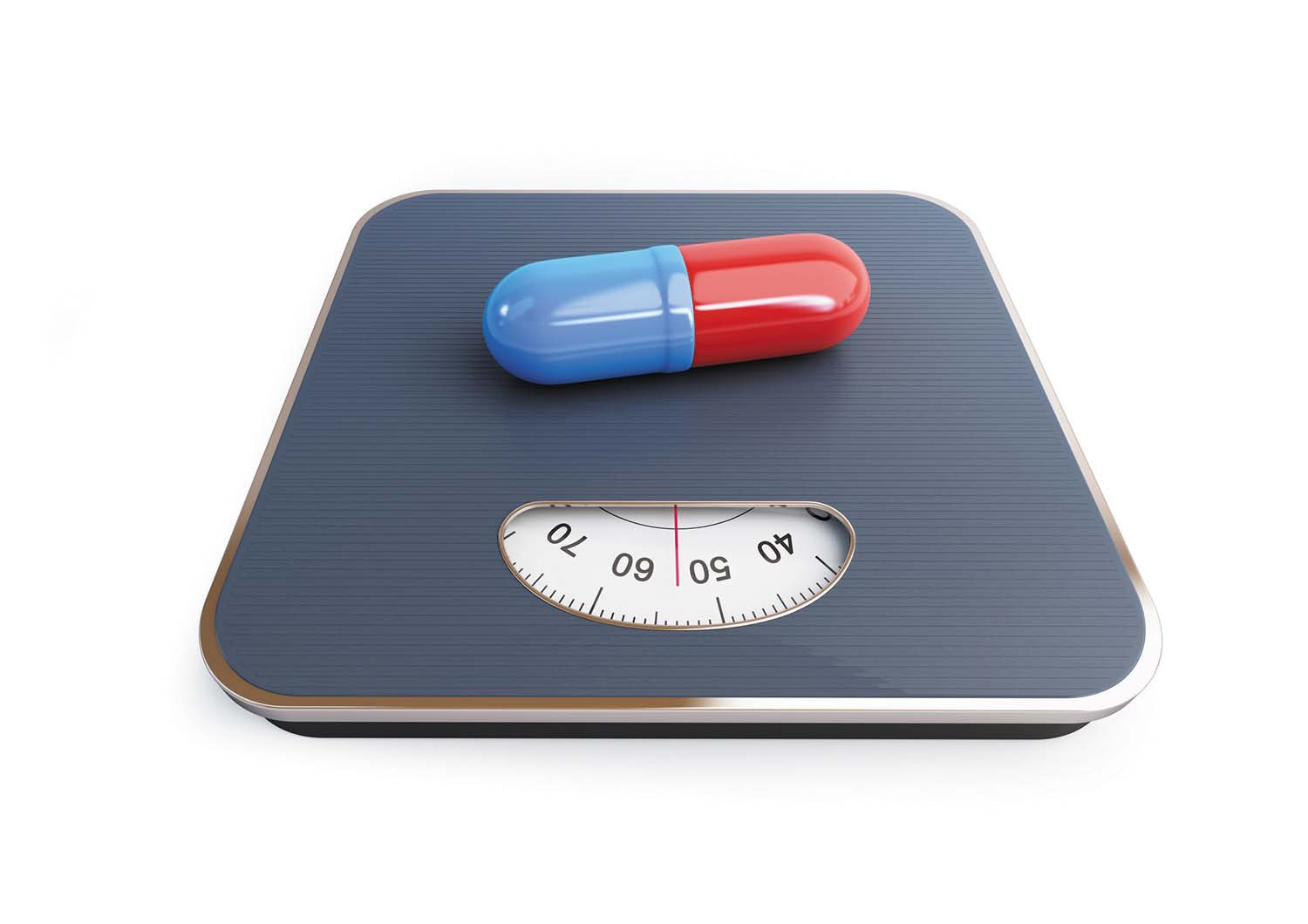
New thinking about plaque in arteries that feed the brain

Want to prevent shifting teeth? Maybe you need retainers

New evidence that polyphenol-rich foods help the heart

What you need to know about the new dietary guidelines

Food that’s healthier for people and planet can be cheaper, too

What are somatic workouts?

How to curb your stress eating

8 simple ways to reduce ultra-processed foods in your diet

How to spot Parkinson’s disease symptoms

Heart failure symptoms in women: How they’re different
Diet & Weight Loss Archive
Articles
Questions and answers about the new anti-obesity medications
They're the most effective drugs for weight loss to date. But they're expensive, scarce, and not right for everyone. Learn more about the latest batch of anti-obesity drugs.
How healthy is sugar alcohol?
Food products advertised as being lower in sugar or sugar-free contain sugar substitutes. Sugar alcohol is another ingredient used as a sweetener in food products. But is sugar alcohol a better choice nutritionally than other sweeteners or natural sugar?
Several factors may cause testosterone levels to drop
A 2023 analysis suggests that men older than age 70 can fight declining testosterone levels by engaging more in healthy lifestyle behaviors like increasing exercise, losing weight, and managing high blood pressure.
Early morning exercise may be the best time for weight loss
A 2023 study found that people who exercise in the morning, specifically between 7 a.m. and 9 a.m., have a lower risk of obesity than those who are most active in the midday or evening.
Can weight loss slow prostate cancer?
Many men diagnosed with low-grade prostate cancer follow active surveillance, in which they regularly follow up with a doctor for routine PSA tests, prostate biopsies, and possibly MRI scans. If there is evidence their cancer has progressed, then they can consider treatment (radiation or surgery). While there is little men can do to slow the growth of known low-grade prostate cancer, losing excess weight and keeping it off may help keep undetected high- or medium-grade cancer from becoming more aggressive.
Beyond appetite suppression
Semaglutide (Ozempic, Wegovy), which mimics a natural hormone called GLP-1, has become a popular obesity drug because it promotes dramatic weight loss. New evidence suggests this drug and others like it may also curb compulsions for things other than food. The drugs may also dampen cravings for alcohol, smoking, gambling, and excessive shopping by hampering activation of the brain's reward pathways. If further research confirms preliminary findings, the demand for GLP-1 drugs is likely to increase.
Debunking common wellness myths
Many common wellness myths contain a grain of truth but are misleading over all. One wellness myth holds that being thin equates to being healthy, but people who are think can still be unhealthy. Another myth posits that detoxes and cleanses can help people be healthier, but these products don't help and can even be dangerous for some people. Another myth is that eating before bedtime leads to weight gain, but food choice matters more than timing.
Understanding new weight-loss drugs
A newer class of medications used to treat type 2 diabetes called glucagon-like peptide-1 (GLP-1) receptor agonists has gained attention because of their impressive weight-loss results—in many cases, 10% to 20% of a person's body weight. Versions of two of these GLP-1 receptor agonists, liraglutide (Saxenda) and semaglutide (Wegovy), are FDA-approved for weight loss, even for people without diabetes. However, there isn't enough evidence to know whether these drugs might be beneficial or dangerous for people who are not diagnosed with diabetes or obesity.
Are certain types of sugars healthier than others?
A high intake of sugar is linked to an increased risk of obesity, type 2 diabetes, cardiovascular disease, and certain cancers. But whether some sugars are healthier (or worse) than others remains a question of interest to many.

New thinking about plaque in arteries that feed the brain

Want to prevent shifting teeth? Maybe you need retainers

New evidence that polyphenol-rich foods help the heart

What you need to know about the new dietary guidelines

Food that’s healthier for people and planet can be cheaper, too

What are somatic workouts?

How to curb your stress eating

8 simple ways to reduce ultra-processed foods in your diet

How to spot Parkinson’s disease symptoms

Heart failure symptoms in women: How they’re different
Free Healthbeat Signup
Get the latest in health news delivered to your inbox!
Sign Up











